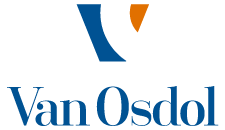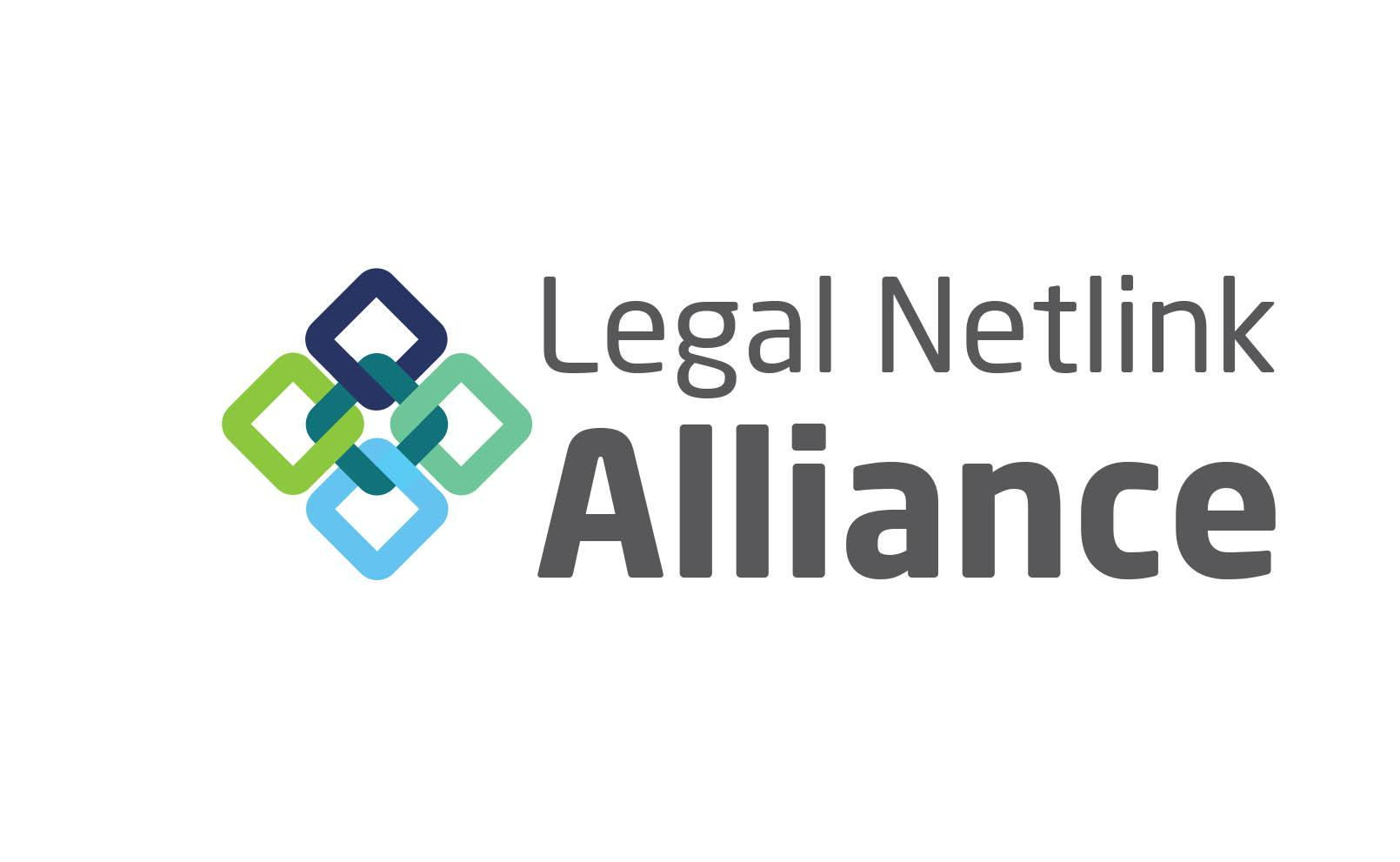Van Osdol & Magruder P.C. would like to congratulate Kansas City, Mo. for being selected to collaborate with Google on the one-gigabit-per-second, ultra-high speed, fiber-to-the-home broadband network. According to an article from the Kansas City Business Journal, “Kansas City will get hooked up to the much-touted Google Inc. fiber-optic network that previously was announced for Kansas City, Kan., officials announced Tuesday.” 
Google will extend ultra-fast Internet project to Kansas City, Mo.
New Kansas City Mayor Sly James held a Tuesday morning announcement at Union Station to explain the Google (Nasdaq: GOOG) news, which he said makes the city the most attractive on the planet to entrepreneurs and is a “huge win for the entire region.” The service — more than 100 times faster than what’s available to most Americans — will launch early next year, pending City Council approvals; the cities on either side of the Missouri-Kansas state line are the only two slated for the initiative.
“It’s kind of hard to overstate how big this announcement is to our future,” James said. “As a result of this announcement, we have become the most attractive city to entrepreneurs. Think about it — in the next year, our city and region (are) going to have the fastest Internet connection in the world.”
Officials credited Kansas City Power & Light, the first investor-owned utility to join in on such a project, as playing a key role in attracting Google’s efforts. KCP&L is owned by Kansas City-based Great Plains Energy Inc. (NYSE: GXP). KCP&L will offer Google access to its poles, infrastructure and existing fiber network to get Kansas City customers connected. The agreement means significantly lower costs and rollout time.
“Rather than having to build out their own delivery system, this innovative agreement will allow Google and KCP&L to work together to deploy service over KCP&L’s existing infrastructure, significantly reducing costs as well as time for engineering, permitting and construction,” said Mike Chesser, chairman and CEO of Great Plains and KCP&L.
James also said “tireless efforts” by Mayor Pro Tem Cindy Circo helped land the project.
“Our goal was to find a location where we could build efficiently, make an impact on the community, and develop working partnerships with the local government, utility and community organizations,” Google said on its website about the project. “We believe we’ve found this in both Kansas City, Kan., and Kansas City, Mo.”
Google’s vice president for Access Services, Milo Medin, made the official announcement Tuesday in Kansas City.
“Just a few weeks ago, when we announced that we would bring our first ultra-high-speed network to Kansas City, Kan., I promised it would be the start and not the end of our efforts,” Medin said. “We love this market and wanted to deploy our service in the broader region and have been working to make that a reality.”
Google, based in Mountain View, Calif., said that it has not finalized pricing for the service but that it will be “competitive” with what consumers now pay for Internet access. The news comes a month and a half after Google made its announcement in Kansas City, Kan. The network there is scheduled to be up and running in early 2012, and that announcement had fueled speculation that the network would extend across the state line. The Google Fiber for Communities project creates a 1-gigabit-per-second, fiber-to-the-home broadband network that could have broad implications for business and entrepreneurial efforts. Kansas City technology lawyer Greg Kratofil Jr. of Polsinelli Shughart PC said that the news is a game-changer for the region but that the tool provided by Google must be turned into economic development.
“Our challenge — and opportunity — is to take this advantage we will have in Kansas City and create economic development,” he said. “We will do this by supporting technology entrepreneurs with capital, programs and government as a partner.”
The tech community is ready, but the entire community should get engaged, he said.
“I was hoping it wouldn’t be too long until it came into Kansas City, Mo.,” Missouri Rep. Mike Talboy, D-Kansas City, said of the news. “I’m just happy they got it done.”
Kansas City was among about 1,100 U.S. cities to apply for the Google project last year. Early this year, Kansas City was contacted by Google, and officials were involved with meetings and negotiations leading up to the Tuesday announcement. Read More

